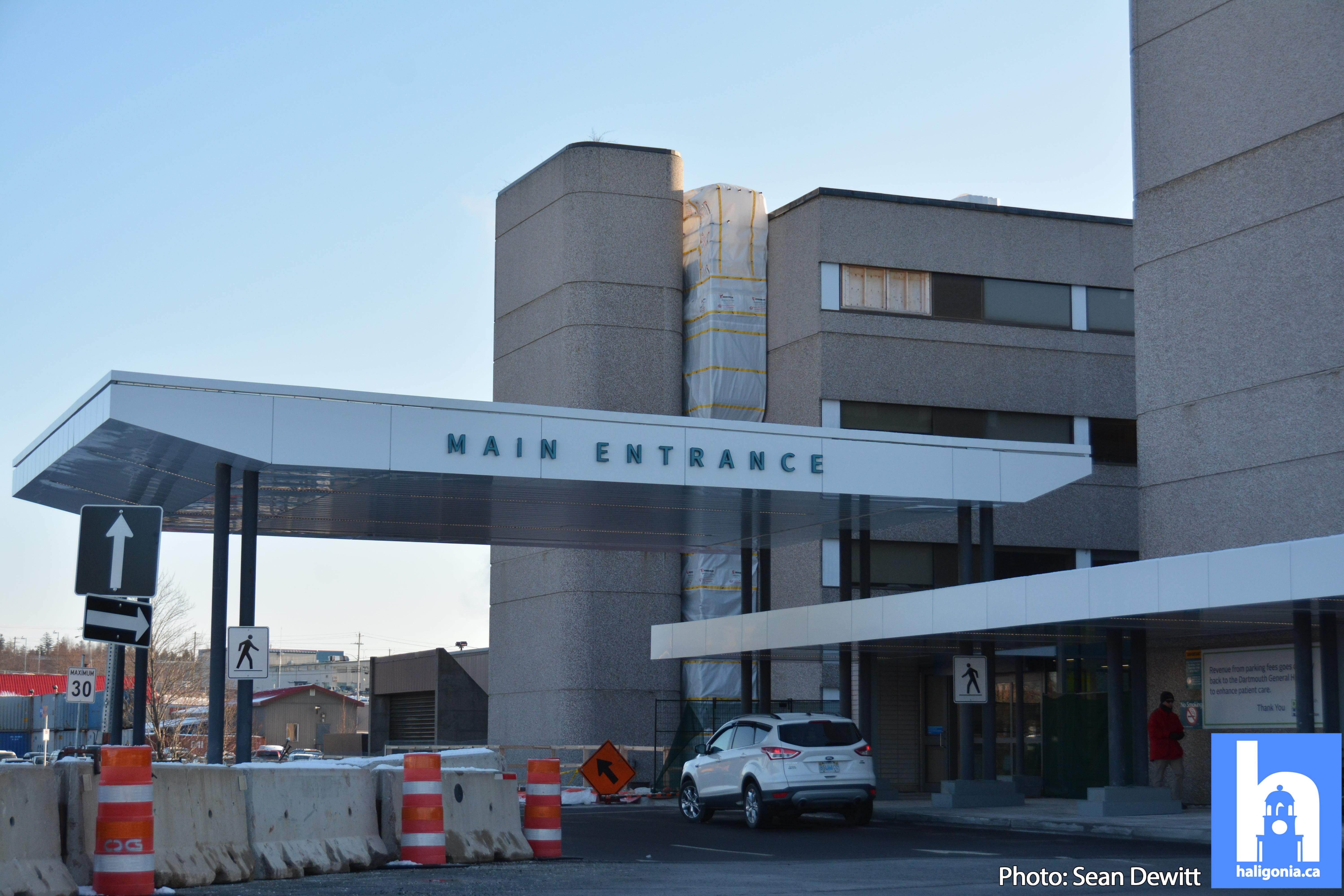Statement via NSGEU
“Health care in Nova Scotia is in crisis. Everyone who works in health care knows it. Every person who tries to get health care knows it. Only the McNeil Liberals refuse to acknowledge it.
And that’s a problem.
Every day they bury their head in the sand is another day a family sits in an emergency department for hours to get their child’s prescription filled because they don’t have a family doctor.
Front line health care workers have offered solutions through two reports; “Code Crisis” and “Code Critical.” Each time, like an older sibling, government pats health care workers on the head and tells them ‘thanks’ but you don’t understand the complexity of the situation.
It’s under control, we’re told – there is no crisis.
Tell that to the senior forced to live in a hospital because there are no long-term care beds available.
Nurses are working hard to hold a broken system together – but they need help – the system needs more nurses.
Government says there is no nurse shortage, only challenges in a few isolated areas. Really? Then why did they spend almost $20 million on overtime?
The first step to fixing this problem is to admit there is one. The next step is to listen to frontline health care workers: they know what needs to change in the system.
For example, here is a letter from a NSGEU nurse. To protect them from retribution, we have removed identifying details from the letter, but it is their words based on their experiences.
It speaks for itself: health care is in crisis.
Dear NSGEU,
Thanks for the release on the overtime changes.
They have stopped calling code census, as you know, because of the negative media around that, but nothing has changed. In fact, over the last year, things have gotten worse.
There are often up to eight ambulances waiting to off-load in emergency at a time with six to ten admitted patients. In the last month since the new language interpretation of overtime, sick calls are unable to be replaced and we are seeing 8-14 staff down per shift on various units just at the HI site alone.
As a result, there is no ability to either admit to that floor or transfer out of ICU and the step-down, patients that could go. This results in no ability to admit critically ill patients, therefore leaving these patients to be managed in the ER which is very busy or floors where they are unable to receive the quick and advanced care they require. Charge nurses are sometimes crying because they do not know what they are going to do when absences that aren’t covered result in two RNs and two LPNs responsible for 32 orthopedic patients, many of whom are post-op.
The employer refuses to admit most units run on overtime and I know for a fact that there are multipleclosed beds on many units throughout the NSHA Central Zone due to low staffing and now no one coming in for overtime. There have been multiple times individual pods have been closed in the emergency department over the last month. More than before, since the new OT rules started. Of concern is that some of the beds closing in Central Zone are intensive care beds and intermediate care beds and these beds are utilized by patients requiring advanced life-saving critical care. And this should be a concern for every Nova Scotian.
A big part of the problem is our inability to send patients back to their home hospital either because there are no beds there to admit them or no ambulances available to take them. One of their strategies presented at the legislative committee was to work more closely with EHS, but because they are a separate entity with no commitment to NSHA, as well as ambulances are tied up in the emergency departments at the HI, Dartmouth and elsewhere in the province, none are left to repatriate or transfer patients from one metro hospital to another in order to free up beds.”
.
Source : Media Release

